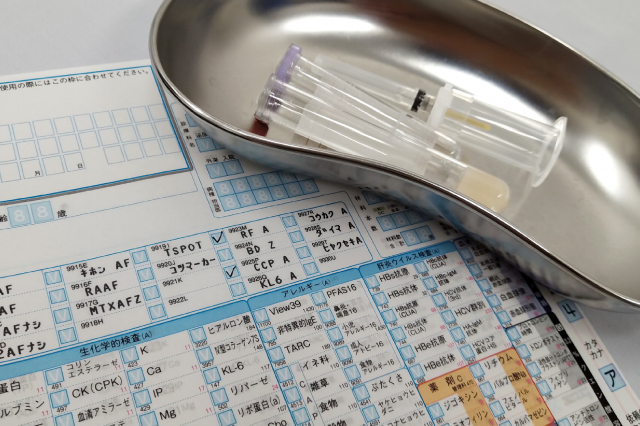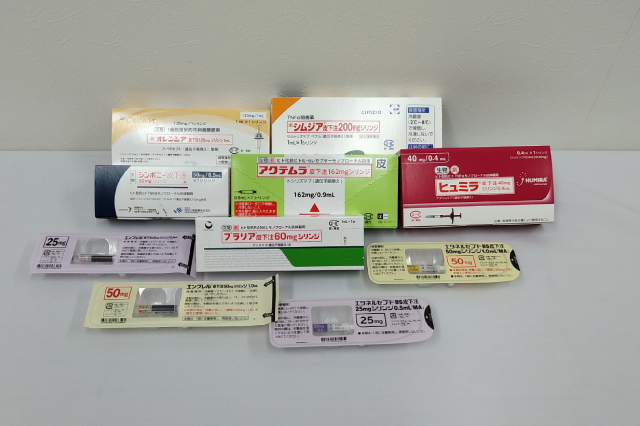Some rheumatoid arthritis patients who have a family member with rheumatoid arthritis or who have a child with rheumatoid arthritis may wonder "My grandmother and mother have rheumatoid arthritis. Will I inherit rheumatism from my children? Some of you may be wondering, "My grandmother or mother had rheumatism, will I get it in the future?
Although rheumatoid arthritis is not always inherited, it is possible to inherit the tendency to develop it.
Possibility of inheriting rheumatoid arthritis
What are the causes of rheumatoid arthritis?
The cause of rheumatoid arthritis is not yet clear, but it is thought to be caused by a combination of genetic factors and environmental stimuli such as viral infections, stress, and smoking.
Genetic inheritance of susceptibility to the disease?
It has been speculated that there is a genetic component to the disease, as some families have a high incidence of rheumatoid arthritis and when one identical twin (100% genetic match) has rheumatoid arthritis, there is a 15-30% chance that the other will also develop rheumatoid arthritis.
In addition, analysis of the genes of rheumatoid arthritis patients has revealed the existence of several genes that predispose to the development of rheumatoid arthritis (disease susceptibility genes).
Considering these facts, I think there is a possibility that the susceptibility to rheumatoid arthritis is inherited.
However, as I mentioned earlier, rheumatoid arthritis is thought to be caused not only by heredity but also by environmental stimuli, and the presence of a genetic component does not necessarily mean that you will develop rheumatoid arthritis.
If you have a blood relative who has developed rheumatoid arthritis, seeing a doctor as soon as you experience joint pain may lead to early diagnosis and treatment of rheumatoid arthritis.
Early treatment is also more likely to slow down the progression of symptoms and achieve a state where there is no joint pain or bone destruction.
Can it be prevented?
If you have a genetic component, you may be wondering if there are ways to prevent the onset of the disease.
Oral care and smoking cessation are important for prevention.
Although the causes of rheumatoid arthritis are still unclear and there is no way to completely prevent it, recent studies have shown that periodontal disease and smoking are associated with the development of rheumatoid arthritis. Oral care and smoking cessation are important not only in terms of health care, but also in terms of reducing the incidence of rheumatoid arthritis.
Do not be overly concerned if you are genetically predisposed to rheumatoid arthritis, but avoid smoking, which is a particular risk, and see your doctor as soon as possible if you experience joint pain.
If you have any concerns about yourself or your family, please feel free to contact us.









